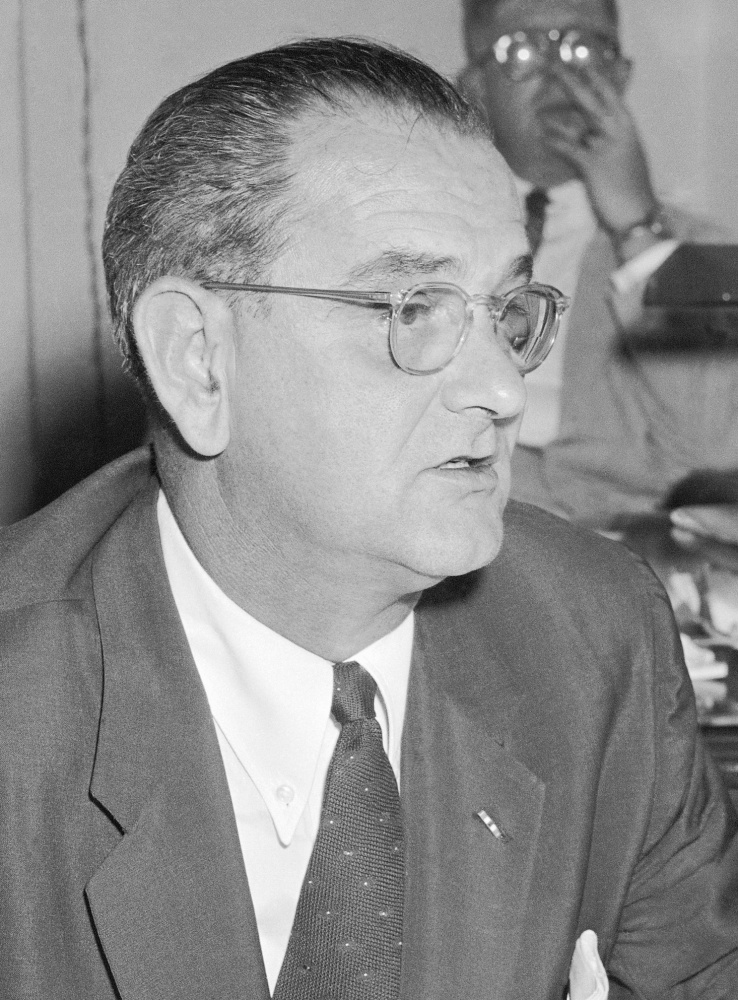Moving on a campaign promise, President Trump said Thursday he will work for the repeal of the Johnson Amendment to free religious organizations from constraints on political activity. Here’s a look at the law in question:
WHAT IT DOES: The law prohibits tax-exempt charitable organizations such as churches from participating directly or indirectly in any political campaign to support or oppose a candidate. That means no donations to candidates’ campaigns and no public statements explicitly on behalf of or against a candidate.
WHAT IT DOESN’T DO: It doesn’t stop religious groups from weighing in on public policy or organizing in ways that may benefit one side in a campaign. Plenty of religiously grounded organizations or movements – Catholic bishops, the Christian Coalition, you name it – have delved fiercely into political causes, and preachers of the left and right are not shy about exhorting their followers to political action. The law requires them to stop short of endorsing candidates, but their leanings are often not a mystery.
WHY IT MATTERS: To supporters, the law is central to the constitutional separation of church and state. To opponents, it’s a gag on the constitutional guarantee of freedom of expression.
GENESIS: A Republican Congress and Republican president, Dwight Eisenhower, brought the law into effect in 1954, but it was the handiwork of Lyndon Johnson, then a Democratic senator and later president. LBJ was no altar boy for the Constitution’s edicts on church and state. He was livid that a few nonprofit groups attacked him as a communist in a Senate campaign. His amendment to the tax code was meant to slam such organizations by revoking their tax-exempt status if they went over the line in the partisan fray. His amendment was not focused on religious groups, but covers them.
FITFULLY ENFORCED: The IRS has not been particularly aggressive in enforcing the law. Revoking a religious organization’s tax exemption risks accusations that the government is crushing religious freedom. But the fact it possesses that power has kept interference in partisan politics in check, as the law’s supporters see it, and represents government overreach in the mind of critics.
– Associated Press
Send questions/comments to the editors.



Success. Please wait for the page to reload. If the page does not reload within 5 seconds, please refresh the page.
Enter your email and password to access comments.
Hi, to comment on stories you must . This profile is in addition to your subscription and website login.
Already have a commenting profile? .
Invalid username/password.
Please check your email to confirm and complete your registration.
Only subscribers are eligible to post comments. Please subscribe or login first for digital access. Here’s why.
Use the form below to reset your password. When you've submitted your account email, we will send an email with a reset code.